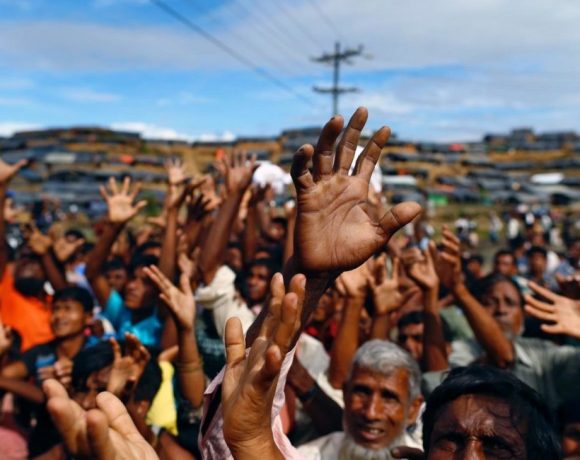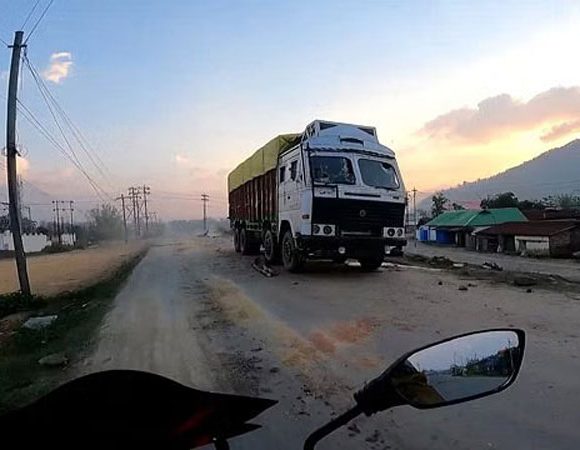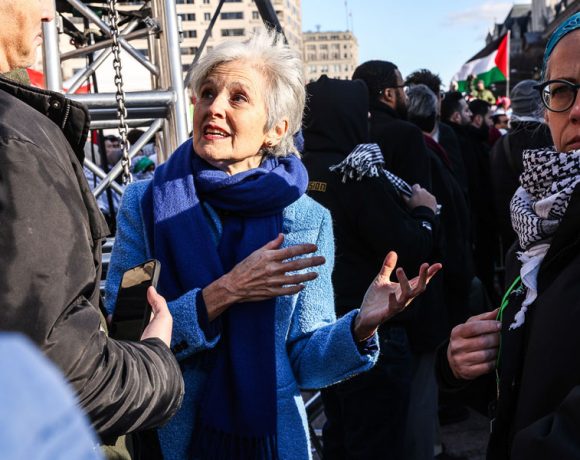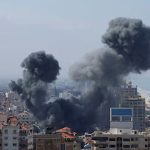UN shines light on humanitarian crisis in Myanmar

The United Nations has said Myanmar’s human rights and humanitarian crisis is massive.
An estimated 1.5 million people have been internally displaced, and approximately 60,000 civilian structures have reportedly been burnt or destroyed.
Over 17.6 million people, or one-third of the overall population, require some form of humanitarian assistance.
“Between February 2021 and April 2023, credible sources verified that at least 3,452 people had died at the hands of the military and its affiliates, and 21,807 individuals had been arrested,” said Spokesperson for the UN High Commissioner for Human Rights: Ravina Shamdasani on Friday.
Myanmar’s overall humanitarian and human rights situation has deteriorated to alarming levels, exacerbated by the military’s strategy to prevent life-saving humanitarian aid from reaching those who desperately need it, said a report published today by the UN Human Rights Office shows.
The UN Human Rights Chief will present the report to the Human Rights Council on 5 July.
Since 1 February 2021, UN Human Rights has documented how the military continues to prioritize its aims over all other considerations, including the urgent need of conflict-affected communities to receive life-saving assistance.
Even when humanitarian workers have been permitted access, their ability to deliver aid has been strictly limited and controlled.
The military has operated as if those providing aid are helping those opposed to their rule, rather than respecting their need for protection and facilitating their access and assistance to the civilian population in a time of crisis.
The already dire situation on the ground has been compounded by the military’s restrictions on aid imposed in the aftermath of Cyclone Mocha in May, bringing further suffering and misery to wide swathes of the population in the west and northwest of the country.
As the report makes clear, intentional obstruction or denial of humanitarian assistance may amount to gross violations of international human rights law, and serious violations of international humanitarian law.
Aiming in part at cutting off support for its opponents, the military has employed its four-cuts strategy to kill and injure thousands of civilians while destroying goods and infrastructure necessary for survival, including food, shelter, and medical centres, the report says.
“Notably, our report says the security situation has dramatically worsened for humanitarian workers since the coup. Aid providers are consistently exposed to risks of arrest, harassment or other mistreatment, or even death.”

















